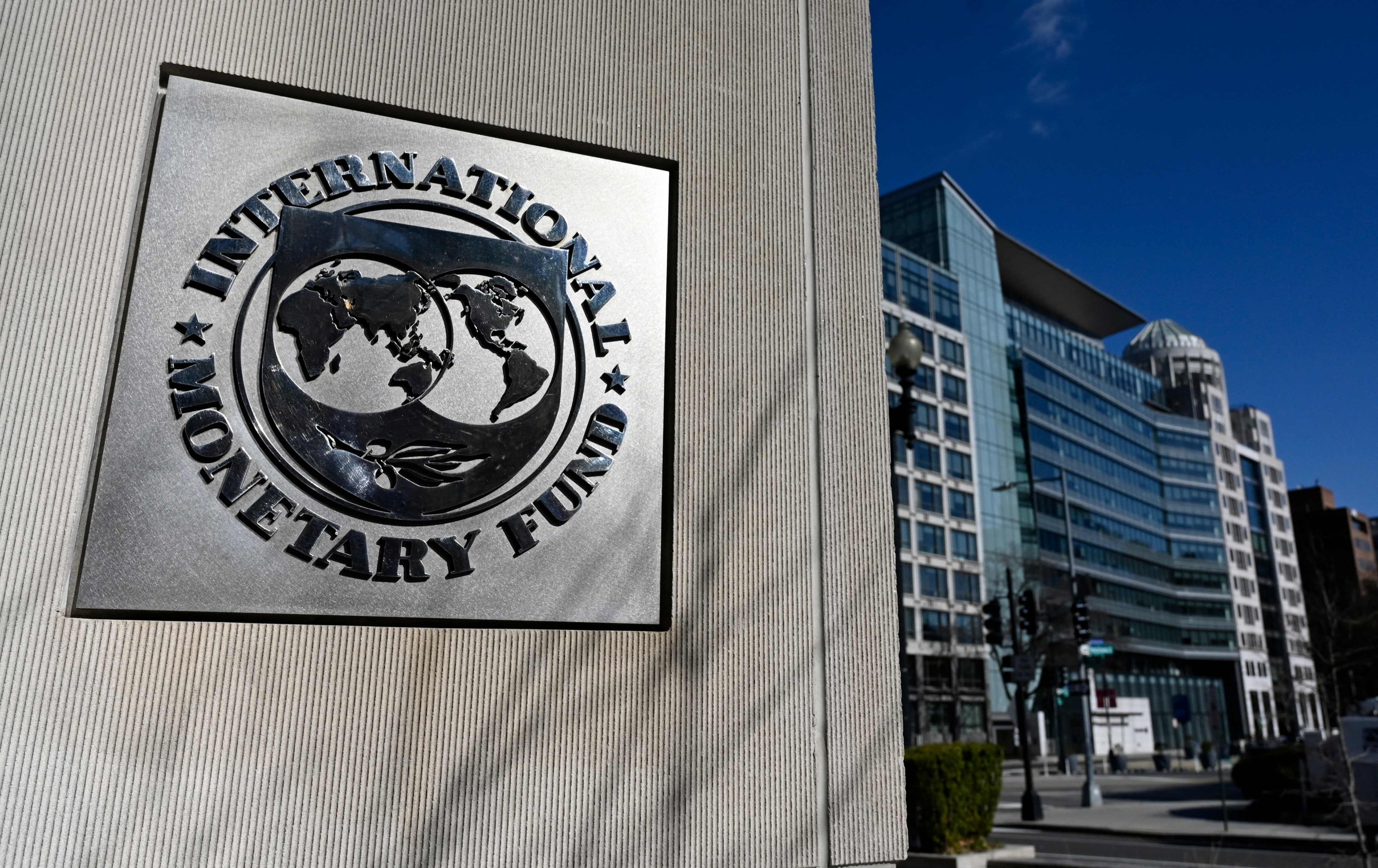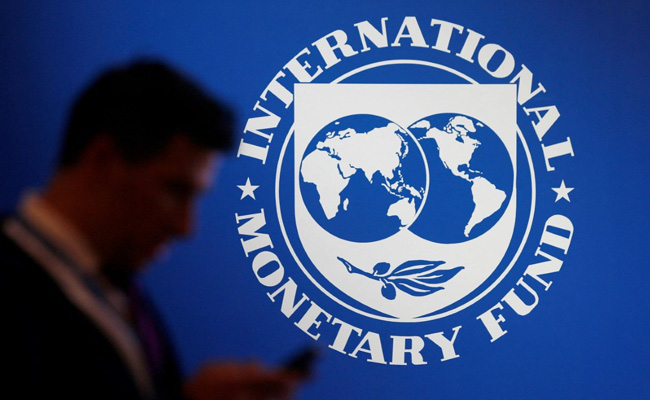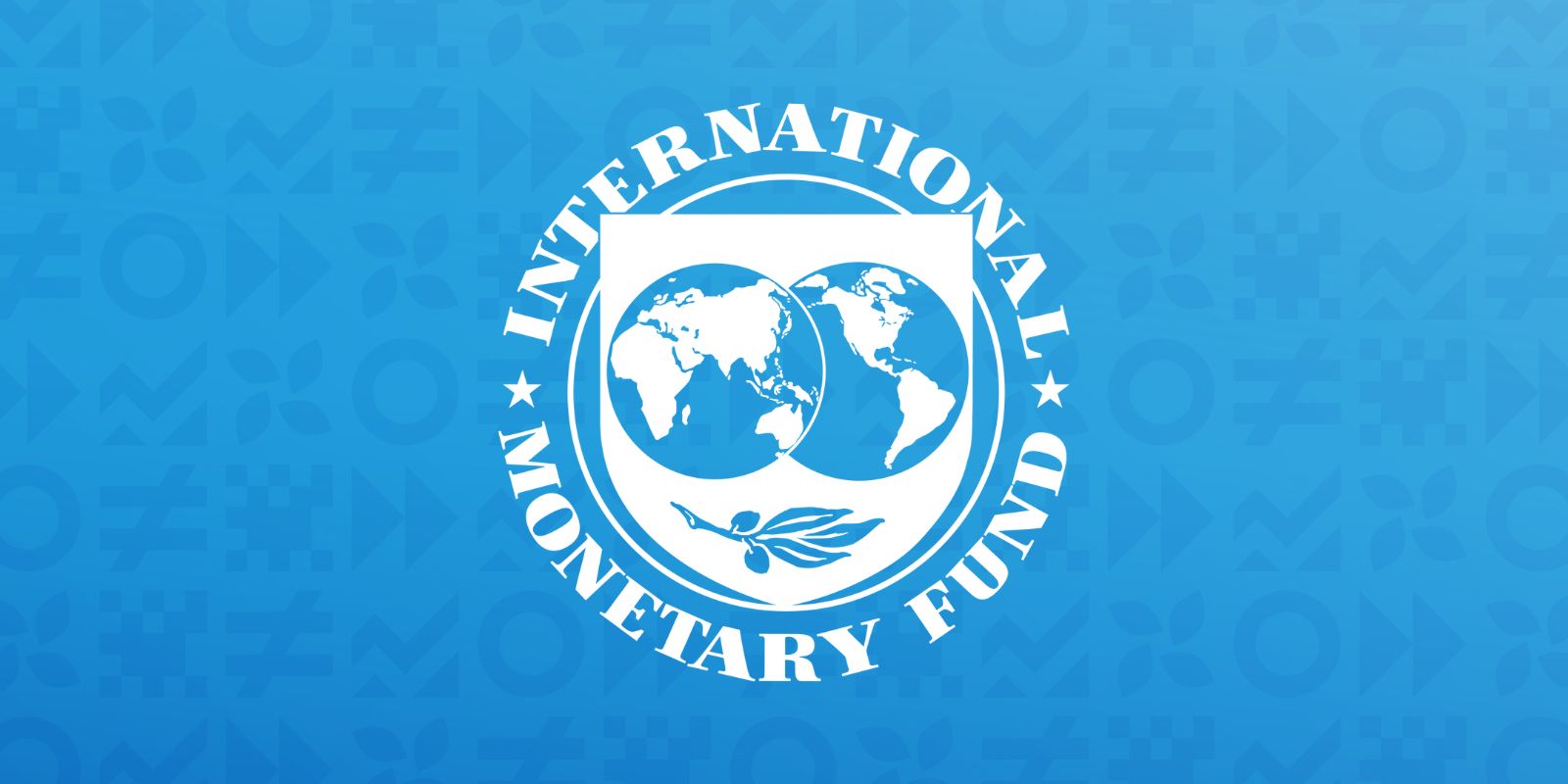IMF Requests Further Discussions with Sri Lanka on Bailout Program Review 2023

IMF Requests Further Discussions with Sri Lanka on Bailout Program Review 2023
The International Monetary Fund (IMF) and Sri Lanka are back at the negotiation table, as the international body seeks more discussions regarding the review of Sri Lanka’s bailout program.
This development comes amidst the backdrop of economic challenges faced by the island nation, coupled with the external pressures exerted by global economic shifts.

Sri Lanka has previously sought financial assistance from the IMF on several occasions. These instances were aimed at supporting the country’s balance of payments and to instill confidence in international investors, among other reasons.
The most recent bailout program was initiated in response to mounting fiscal and external imbalances and was devised to guide the country towards financial stability.
The International Monetary Fund said that negotiations with Sri Lanka over whether the country is reaching the goals set forth in a $3 billion bailout programme are still ongoing. After visiting Sri Lanka as part of its initial assessment of the funding agreement, an IMF delegation reported that “significant progress on important reforms” had been made.
The Washington-based lender said in a statement that discussions will continue in an effort to establish a staff-level agreement in the near future that would keep the reform momentum required to help Sri Lanka get out of its severe economic crisis.
According to a previous source familiar with the situation, Sri Lanka would need to undertake more discussions with the IMF to guarantee it can reach its goals. The insider noted that the talks may take place in Washington soon after the annual IMF meetings in Morocco next month.
After experiencing the greatest crisis in its independent history, Sri Lanka’s economy has been able to recover thanks to the IMF’s loan programme. The government must restructure its state-owned businesses and enhance income production as part of the bailout. After an unprecedented default the previous year, it is also necessary to reduce the country’s debt to a manageable level.
According to persons familiar with the situation, Bloomberg previously reported that certain committee members of Sri Lanka’s official creditors are attempting to negotiate an agreement to restructure the country’s debt without China’s involvement.

According to the individuals, who requested anonymity because the talks are private, the members want the main creditors—which includes the US, Japan, and India—to sign a memorandum of understanding with Sri Lanka around the time of the IMF and World Bank meetings in October. China, which as of the end of last year owned around 10% of Sri Lanka’s external debt, is not a member of the group and is conducting separate bilateral negotiations.

According to the IMF, Sri Lanka’s economy is beginning to stabilise, with inflation down and foreign exchange reserves increasing. However, “full economic recovery is not yet assured,” it stated. “Sustaining the reform momentum is critical to put the economy on a path towards lasting recovery and stable and inclusive economic growth,” it stated.
The following set of updated goals and reform initiatives are described in a staff level agreement for upcoming evaluations. The second tranche of $330 million would be paid out when the first evaluation is over and the IMF board has given its approval.
Economic Indicators and Performance Metrics While the exact reasons for the additional discussions have not been made public, the IMF typically revisits bailout programs if a country is missing performance criteria or if there are emerging concerns about the nation’s financial health. It’s possible that recent economic data from Sri Lanka prompted the IMF to seek further clarifications.

Changing Global Economic Climate The global economic landscape is evolving, influenced by factors such as the aftermath of the COVID-19 pandemic, shifts in trade dynamics, and geopolitical tensions. These changes can have cascading effects on small economies like Sri Lanka, making it essential for the IMF to ensure that the bailout program remains relevant and effective.
The IMF’s engagement isn’t just about numbers; it also takes into consideration the socio-political implications of its policies. Ensuring that the bailout program does not inadvertently exacerbate social or political tensions is crucial.
Further discussions might necessitate Sri Lanka to revise or introduce new economic reforms. This could range from fiscal adjustments, tax reforms, to changes in monetary policies. Such reforms, while potentially challenging in the short term, aim to lay the foundation for sustainable economic growth in the long run.
A continued engagement with the IMF can help in boosting investor confidence. It signals to international investors and stakeholders that the country is committed to maintaining economic stability and is backed by a recognized global institution.If the discussions lead to a revised or enhanced bailout agreement, Sri Lanka might gain access to additional financial resources, assisting the nation in navigating economic challenges.
)
While IMF involvement can provide many benefits, it’s not without challenges. Economic reforms can be politically sensitive, and there might be segments of the population or certain industries that feel the pinch more acutely. Balancing the immediate socioeconomic needs of the population with long-term economic goals will be crucial for the Sri Lankan government.
The renewed talks between the IMF and Sri Lanka highlight the complexities of global financial systems and the interplay between international organizations and sovereign nations. While it remains to be seen what these discussions will yield, it’s evident that both parties are working towards ensuring Sri Lanka’s economic resilience and prosperity.





